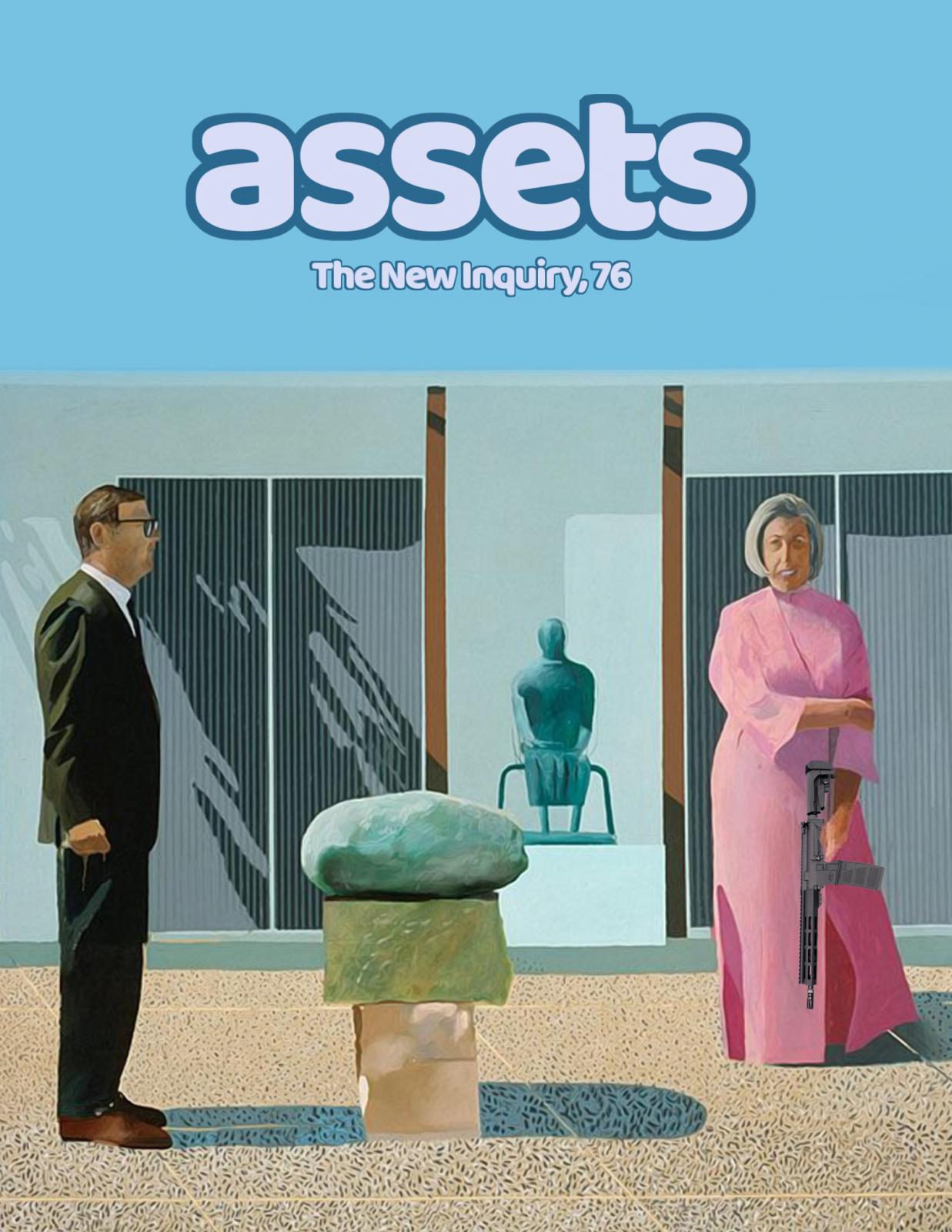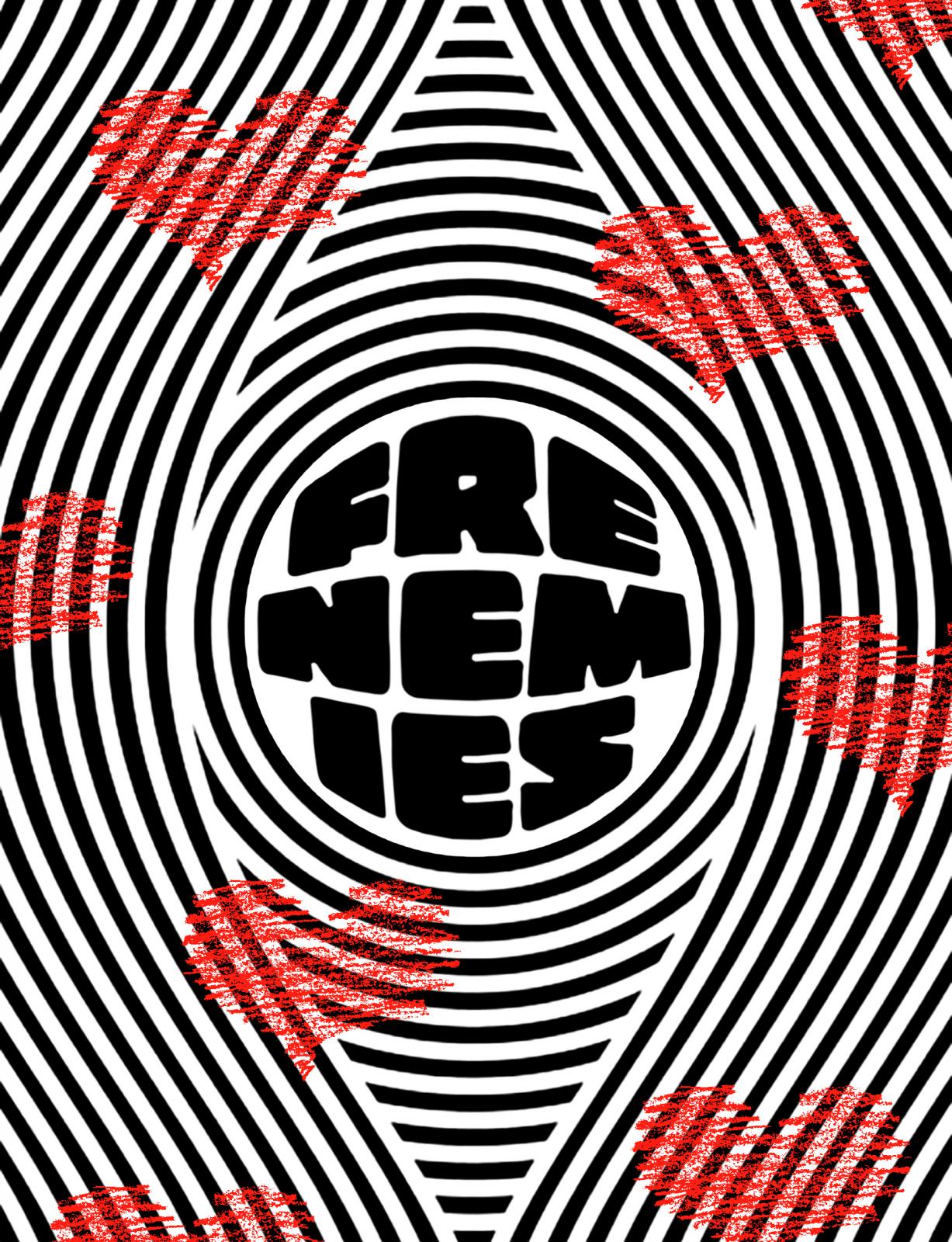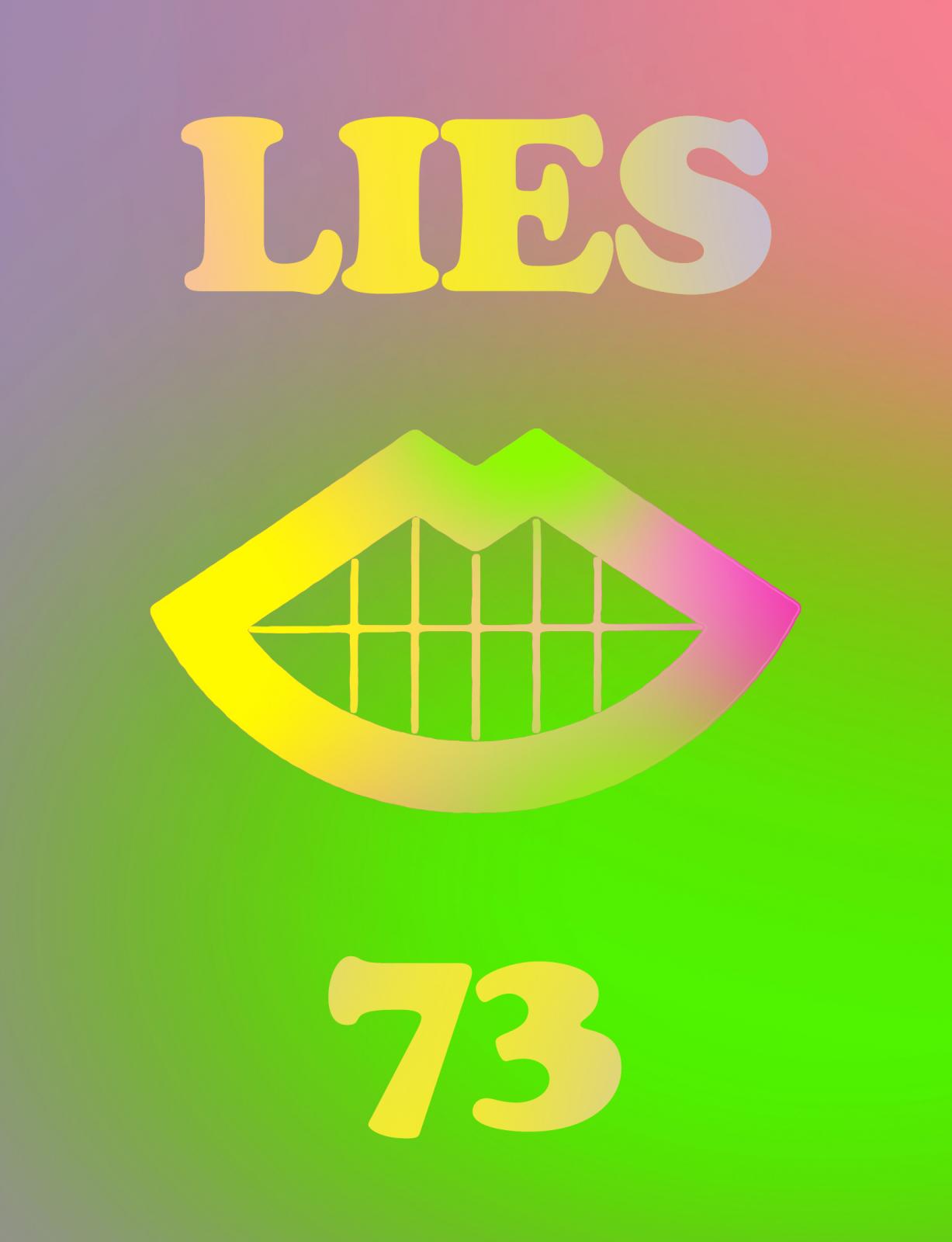Volume 30
Editors' Note
Five years ago, we started the New Inquiry to try to work through the general problem of finding forms of expression adequate to our experience of the present. Since our inception, we have tried to find ways to foster and promote writing that didn’t simply reproduce the modes of either mainstream commercial publishing or academia, the two dominant institutions for legitimating critical thought about the world. The moment when their hegemony began to crack was the moment we began.
This issue is a departure for us. We have a new editor in chief, and so also a new singularly focused publisher. We’ve welcomed new editors to the team. And so as we move into a new iteration of the New Inquiry, we wanted to mark this moment of change and reflect on who we still are.
For the past 29 volumes, our issues were loosely organized around a single theme—“precarity” was first, then “youth,” and so on. Anchoring the issues this way, we thought, would allow us to present a more complex view on a subject than any single essay could offer. This issue, however, has no theme; it’s a just a collection of essays by writers listed on our masthead.
While planning for this issue during the long winter, we joked that July would be the “Swimsuit Edition,” unsure of what that would mean. Nobody actually wanted to do a photo shoot or analyze the nexus of misogyny and sports journalism or attempt something like a beach read, so we left the name behind. But as the issue came together, it became clear there was a sense in which it would have been apt, in that we chose to showcase TNI editors and each produced an essay that serves as a revealing portrait of their larger body of work.
Read together, the essays in this volume address the cardinal problems the New Inquiry attempts to grapple with: gendered writing and the women who challenge it, technosocial acceleration and its discontents, reactionary messaging in mass culture, the art and publishing world and their rituals, love as a problem, surveillance and affect, apps and neoliberalism. Essentially: how can we express ourselves, despite what controls expression?
Without a theme, it’s harder to indulge in the appearance of definitive answers. This month, we’re putting forward the open question of what could unify our disparate sensibilities. We’ll go back to our regularly scheduled programming in the upcoming months. (Sneak preview: August’s magazine theme is “death.”) But for now, we hope you enjoy the unadorned Volume 30.
Featuring
-
Editors' Note, Vol. 30: Volume 30
-
The Loves of Others
-
Vernacular Criticism
-
The End of the World as We Know It
-
Fact Check!
-
Little Orphan Nellie
-
No Life Stories





